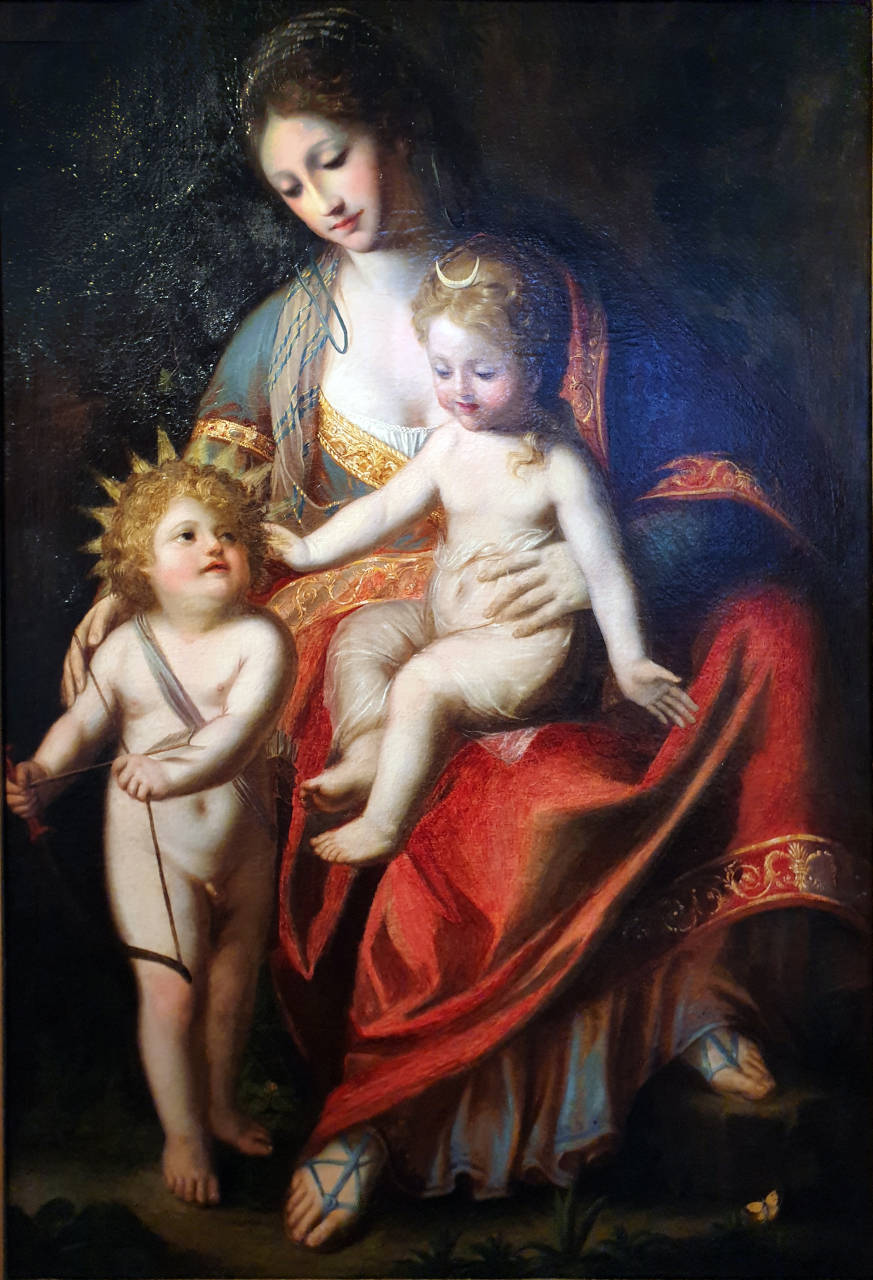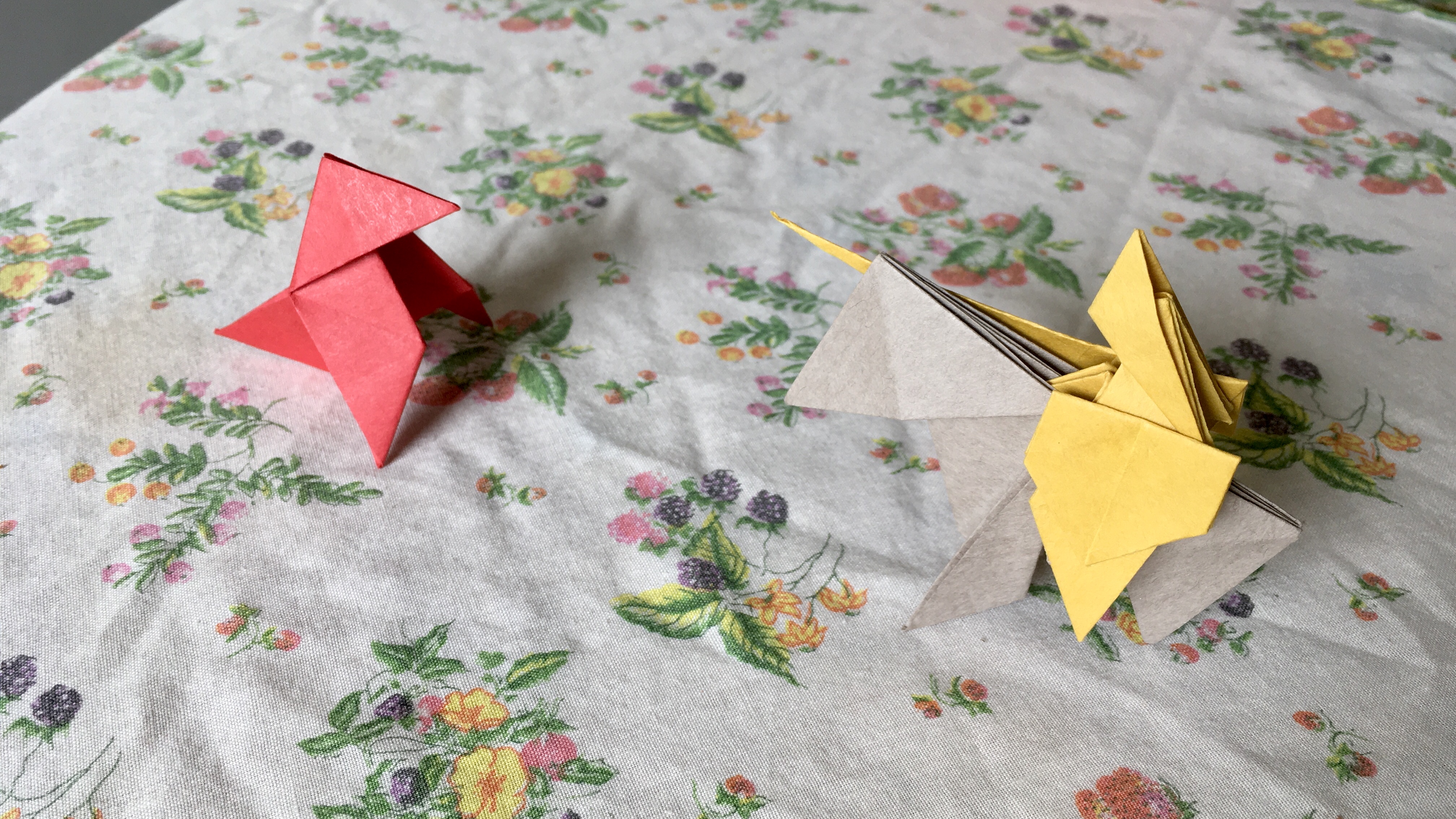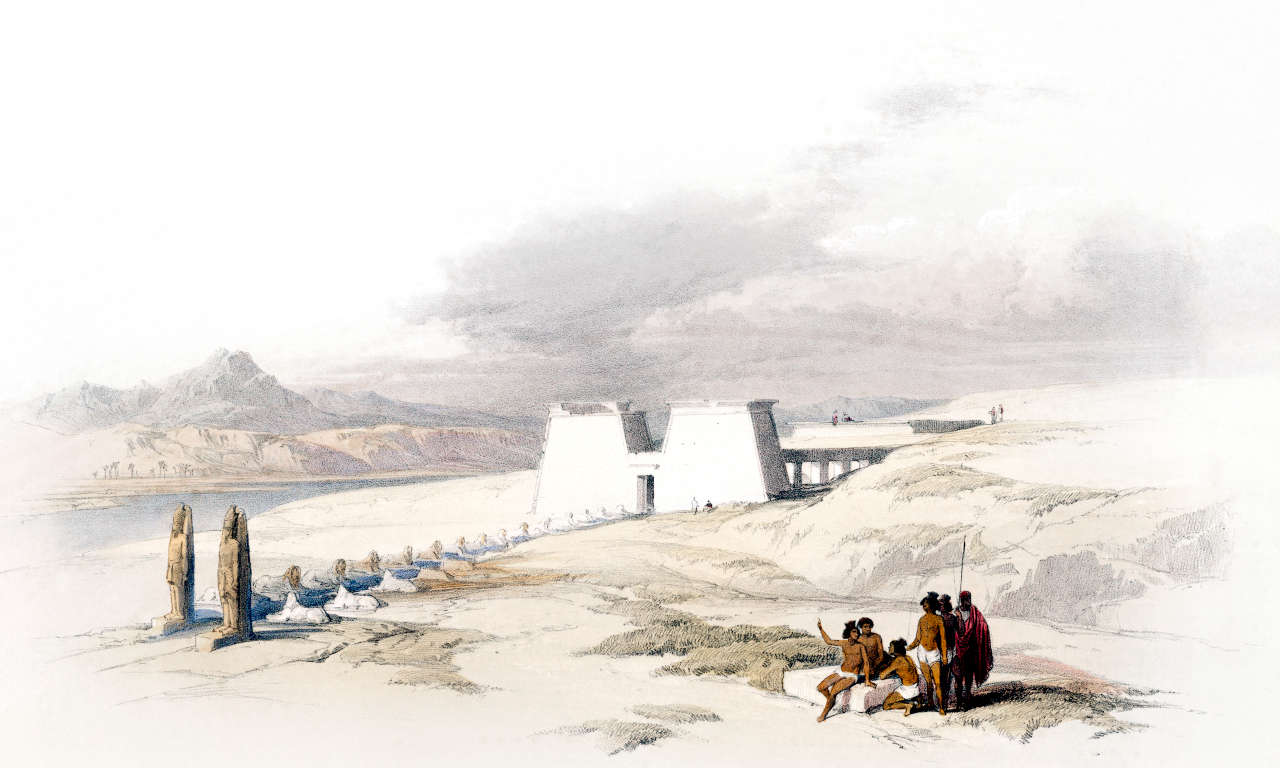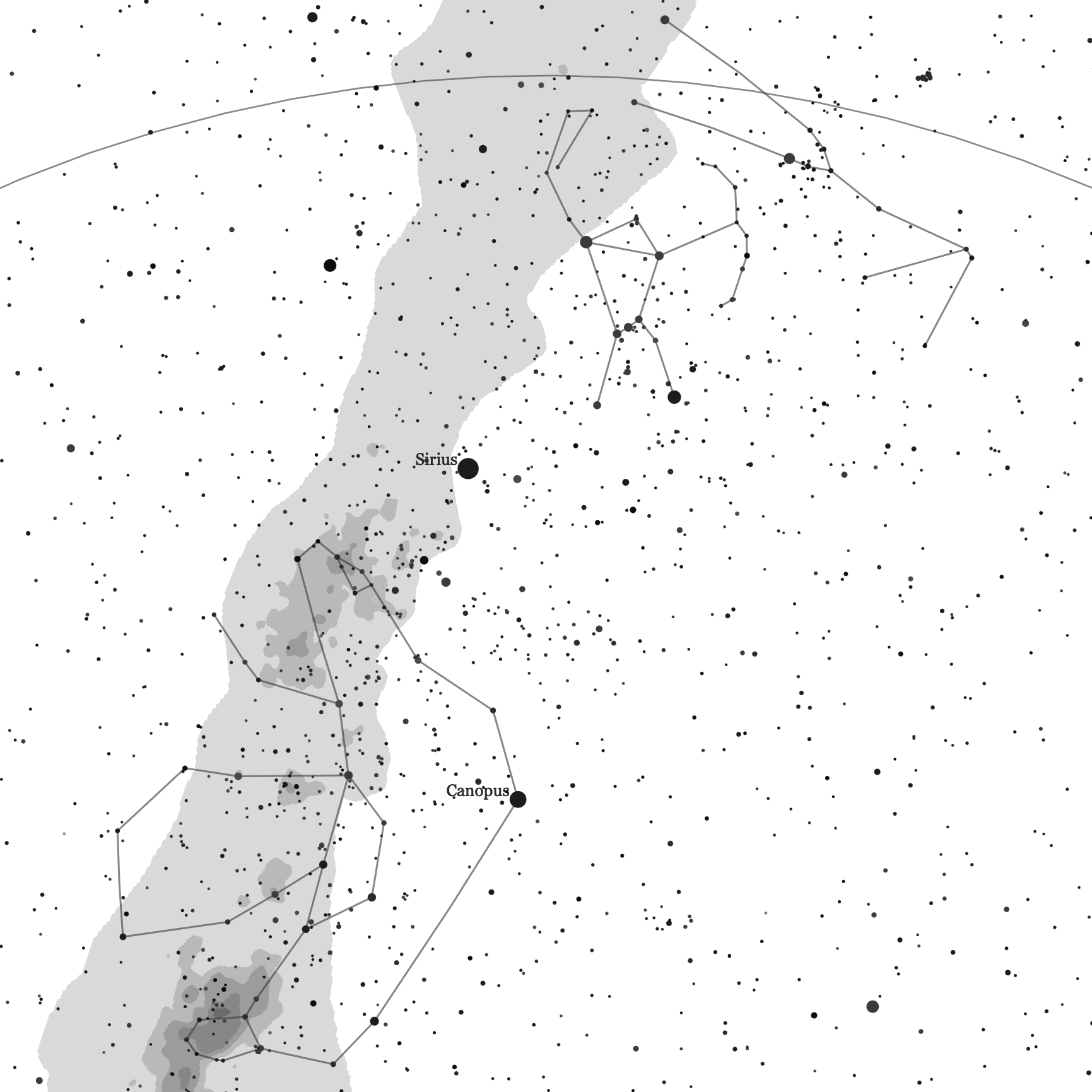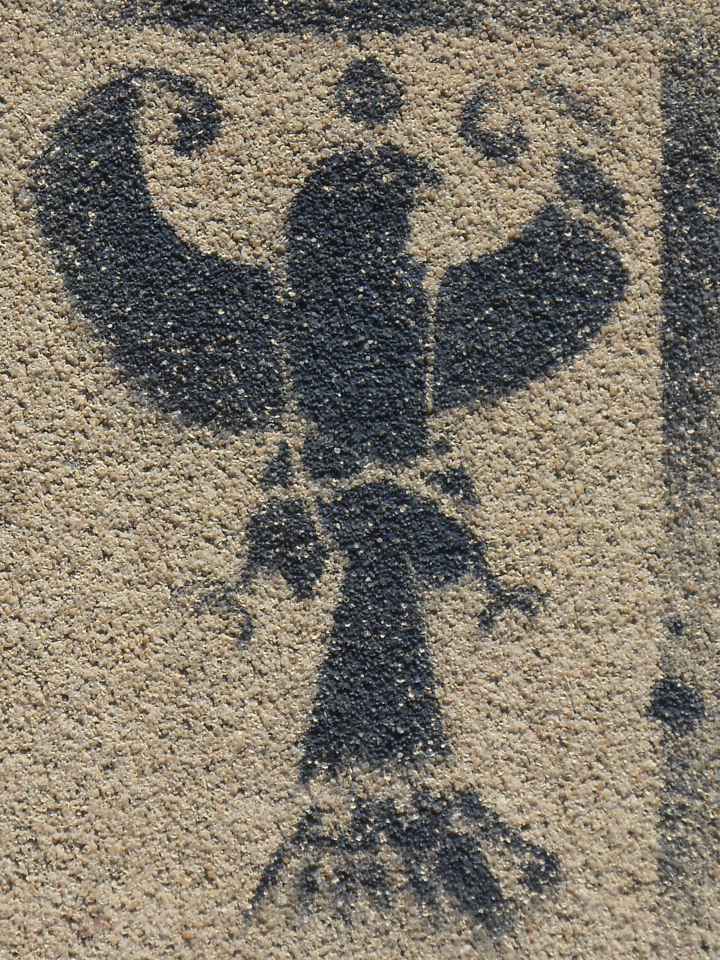[The Egyptian priests'] philosophy, which, for the most part, is veiled in myths and in words containing dim reflexions and adumbrations of the truth, as they themselves intimate beyond question by appropriately placing sphinxes before their shrines to indicate that their religious teaching has in it an enigmatical sort of wisdom.
(Ploutarkhos, Isis and Osiris §9, as translated by Frank Cole Babbitt.)
Therefore also the Egyptians place Sphinxes before their temples, to signify that the doctrine respecting God is enigmatical and obscure; perhaps also that we ought both to love and fear the Divine Being: to love Him as gentle and benign to the pious; to fear Him as inexorably just to the impious; for the sphinx shows the image of a wild beast and of a man together.
(Clement of Alexandria, Stromateis V v, as translated by William Wilson.)
You know, for being the high priest of Apollon at Delphi, Ploutarkhos was a fucking prude.
He was already squeamish enough to censor a bunch of episodes from the Horos myth: where Horos got his eye gouged out, where Seth gets his testicles ripped off, where Isis gets beheaded by her own son, and where Horos gets flayed by the council of the gods. (And that's to say nothing of the wild homoerotica in The Contendings of Seth and Horos, or the fact that Ploutarkhos doesn't consider leaving baby Anoubis to be eaten by dogs worth censoring!)
On top of all this, though, there's parts of the myth he didn't even consider! The story of Horos doesn't begin with Geb and Nut; rather, it begins with Atum:
Atum masturbates, swallows the semen, and spits it back out to produce twin children, Shu and Tefnut. [Pyramid Texts 1248a–d, 1652a–3a; the Shabaka Stone; the Bremner-Rhind Papyrus.]
Shu is given the throne. Tefnut quarrels with Atum (over marrying Shu?), flees to Nubia, transforms into a lioness, and tears anyone who approaches her to pieces. Shu, with the aid of Thoth, pacifies Tefnut and coaxes her back to Egypt. Tefnut gives birth to Geb and Nut. [Papyrus Leiden 384.]
Geb and Nut continually have intercourse, but since they remain in contact, Nut cannot give birth. At Atum's request, Shu separates them. Geb, enraged, rebels against Shu, seizes the throne of Egypt, and marries Tefnut. [That Shu separates Geb and Tefnut, see Pyramid Texts 1101a–d. That Geb subdues Shu and marries Tefnut, see Naos 2248 of Ismalia.]
After these, the myth continues more-or-less as I mentioned before, with Geb gracefully yielding the throne to Osiris (though, as far as I can tell, he kept his mom for himself). For the latter two points, the sources I reference are fragmentary; I refer those interested in digging up sources to Geraldine Pinch's excellently-cited Handbook of Egyptian Mythology, and also note the close relationship of point 2 to the Greek Aiguptioi and Danaides, and the similarly close relationship of point 3 to the Greek Oidipous, Laios, and Epikaste.
Now, I don't think Ploutarkhos intentionally censored these points from his retelling of the myth; this is because point 3, above, renders the Ra, Iah, and Thoth story that he does recount (and for which he is our only source) unnecessary: Ra has no need of preventing Nut from giving birth since Geb was already in the way. (It is also the case that all the corroboration we have for Ploutarkhos's version of the story are from the Ptolemaic period onwards; so it seems plausible to me that he simply only had access to a late version of the myth.) But if he did have access to the rest of the myth, I can't imagine he would have approved: Atum's masturbating the cosmos into existence, Tefnut's murderous rampage, and Geb's incestuous hissy-fit make the rest of the myth look pretty tame by comparison.
Now, the Greeks hated what they considered to be the moral emptiness of the myths and mysteries. Plato's Socrates condemns them in book II of the Republic (starting at 377e):
There is, first of all, the greatest lie about the things of greatest concernment, which was no pretty invention of him who told how Uranus did what Hesiod says he did to Cronos, and how Cronos in turn took his revenge; and then there are the doings and sufferings of Cronos at the hands of his son. Even if they were true I should not think that they ought to be thus lightly told to thoughtless young persons. But the best way would be to bury them in silence, and if there were some necessity for relating them, that only a very small audience should be admitted under pledge of secrecy and after sacrificing, not a pig, but some huge and unprocurable victim, to the end that as few as possible should have heard these tales. [...] Neither must we admit at all, that gods war with gods and plot against one another and contend—for it is not true either—if we wish our future guardians to deem nothing more shameful than lightly to fall out with one another; still less must we make battles of gods and giants the subject for them of stories and embroideries, and other enmities many and manifold of gods and heroes toward their kith and kin. [...] But Hera's fetterings by her son and the hurling out of heaven of Hephaestus by his father when he was trying to save his mother from a beating, and the battles of the gods in Homer's verse are things that we must not admit into our city either wrought in allegory or without allegory. For the young are not able to distinguish what is and what is not allegory, but whatever opinions are taken into the mind at that age are wont to prove indelible and unalterable.
(You know Socrates, he continues like this for pages and pages, but that is enough to give the idea.)
Clement of Alexandria similarly whines about the myths in book II of his Exhortation to the Greeks:
These [who have imported the mysteries into Greece] I would instance as the prime authors of evil, the parents of impious fables and of deadly superstition, who sowed in human life that seed of evil and ruin—the mysteries. [...] O unblushing shamelessness! Once on a time night was silent, a veil for the pleasure of temperate men; but now for the initiated, the holy night is the tell-tale of the rites of licentiousness; and the glare of torches reveals vicious indulgences. [...]
Call me Apollo; this is Phœbus, both a holy prophet and a good adviser. But Sterope will not say that, nor Æthousa, nor Arsinoe, nor Zeuxippe, nor Prothoe, nor Marpissa, nor Hypsipyle. For Daphne alone escaped the prophet and seduction.
And, above all, let the father of gods and men, according to you, himself come, who was so given to sexual pleasure, as to lust after all, and indulge his lust on all, like the goats of the Thmuitæ. [...] You make Zeus venerable, O Homer; and the nod which you ascribe to him is most reverend. But show him only a woman's girdle, and Zeus is exposed, and his locks are dishonoured. To what a pitch of licentiousness did that Zeus of yours proceed, who spent so many nights in voluptuousness with Alcmene? For not even these nine nights were long to this insatiable monster. [...]
But [the goddesses] are [even] more passionately licentious, bound in the chains of adultery; Eos having disgraced herself with Tithonus, Selene with Endymion, Nereis with Æacus, Thetis with Peleus, Demeter with Jason, Persephatta with Adonis. And Aphrodité having disgraced herself with Ares, crossed over to Cinyra and married Anchises, and laid snares for Phaëthon, and loved Adonis. She contended with the ox-eyed Juno; and the goddesses un-robed for the sake of the apple, and presented themselves naked before the shepherd, that he might decide which was the fairest.
(He, too, rants at great length, railing at the debauchery of the myths and mysteries—breaking, I might note, his own oaths of silence in the process.)
Sallustius even felt the need to rebut all this in §3 of On the Gods and the World:
But why have they put in the myths stories of adultery, robbery, father-binding, and all the other absurdity? Is not that perhaps a thing worthy of admiration, done so that by means of the visible absurdity the Soul may immediately feel that the words are veils and believe the truth to be a mystery?
Personally, I think that the shock-value of the mysteries are the whole point. To explain, I should perhaps detour for a moment and talk about koans.
A lot of practice in Zen Buddhism revolves around the koan. A koan is a riddle given to students; two famous ones are, "You know the sound of two hands clapping, but what is the sound of one hand clapping?" and "What did you look like before your father and mother were born?" The important points about these is that they're brief, so they're easy to remember, and that they're open-ended and don't have any one correct answer. Masters would give these to their students for two reasons:
Much of spiritual practice centers around contemplation and meditation, but it is easy for the mind to wander and get lost, which prevents any of the benefits which meditation is supposed to provide. A koan is supposed to act as a focus, drawing the mind back from its wanderings and getting it back to stillness.
Koans also acts as gates; a master would give one to the student and would meet with the student every so often and ask them the answer to the riddle. Of course, there is no correct answer: the point is for the student to find their own meaning in the riddle rather than find "the right answer." Nonetheless, any master worth their salt should be able to see pretty easily whether a student has really penetrated the koan and found some meaning, or whether they would benefit from continuing to beat their head against it.
I think the myths of the mystery schools worked the same way as these koans; but they differed due to their different environments. In a monastery, it's no trouble at all for a student to return again and again to their master; so having a koan be short and to the point is reasonable. The student will easily remember the single sentence, and when they've passed that gate, the master can simply give them another.
But the mysteries didn't work the same way: initiations were rare and expensive, and initiates didn't have constant access to a master but had to go back to their regular lives and ponder the mysteries in their quiet moments. Under such constraints, it is necessary to give the initiate a lot of gates and a lot of riddles all at once; but how does one make them remember all that content that they might meditate on it? Why, make them scandalous, of course! Very few initiates are born ascetic; it seems wise to use their lusts and desires against themselves, to cause the bestial mind to latch onto and take hold of all these things that they might remain in the mind and heart for a long time thereafter, and thus draw the mind back to them that they might reflect on them.
I think this was done quite consciously: after all, if these riddles are symbolized by the Sphinx, it must be remembered that patricide and incest follow in her train. Contra Socrates, the myths aren't examples of how one should live: they're meant to provoke confusion and disgust, to "prove indelible and unalterable" in the mind so that one can't help but reflect on them. But in reflecting on them, one develops: as Thomas Taylor observes,
Fables, when properly explained, call forth our unperverted conceptions of the gods; give a greater perfection to the divine part of our soul, through that ineffable sympathy which is possesses with more mystic concerns; heal the maladies of our phantasy, purify and illuminate its figured intellections, and elevate it in conjunction with the rational soul to that which is divine.
The purpose is to stimulate the student to reflection. Any and all means were considered fair game in doing so. I doubt such a means works for all, but I do not doubt that it works for some.
